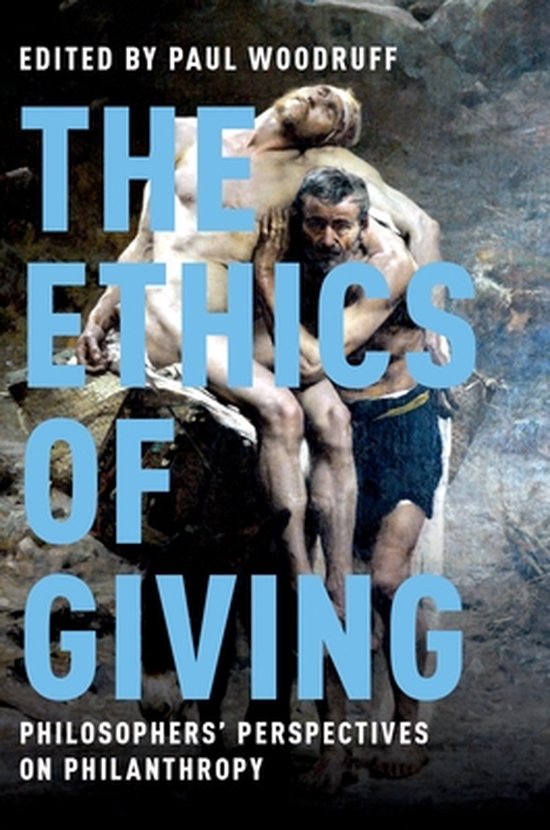
The Ethics of Giving
In giving to charity, should we strive to do the greatest good or promote a lesser good? This is a unique collection of new papers on philanthropy from a range of philosophical perspectives, including intuitionism, virtue ethics, Kantian ethics, utilitarianism, theories of justice, and ideals of personal integrity.
In giving to charity, should we strive to do the greatest good or promote a lesser good that we care more about? On such issues, ethical theory can have momentous practical effects. This volume is a unique collection of new papers on philanthropy from a range of philosophical perspectives. The authors are among the best-regarded philosophers writing on ethics today and include a number of thinkers who have not previously published on the subject. Most recently published work by philosophers on charitable giving tends to support what is called effective altruism-doing the most good you can. In practice, however, charitable giving is often local and relatively ineffective, supporting causes dear to the givers' hearts. Are ineffective givers doing wrong or merely doing less praiseworthy work than they might? This volume includes at least three challenges to the effective altruism movement, as well as two chapters that defend it against the gathering tide of objections. Most thinkers who align with utilitarianism support effective altruism, and some other perspectives do as well. But the ideal of personal integrity can push the other way. So can justice-based theories of giving: perhaps I could do the most good by stealing and giving to the poor, but that would be unjust. In the most important cases, however, justice leads to the same result as effective altruism. Other theories give different results. The authors represent include intuitionism, virtue ethics, Kantian ethics, utilitarianism, theory of justice, and the ideal of personal integrity.
In giving to charity, should we strive to do the greatest good or promote a lesser good that we care more about? On such issues, ethical theory can have momentous practical effects. This volume is a unique collection of new papers on philanthropy from a range of philosophical perspectives. The authors are among the best-regarded philosophers writing on ethics today and include a number of thinkers who have not previously published on the subject. Most recently published work by philosophers on charitable giving tends to support what is called effective altruism-doing the most good you can. In practice, however, charitable giving is often local and relatively ineffective, supporting causes dear to the givers' hearts. Are ineffective givers doing wrong or merely doing less praiseworthy work than they might? This volume includes at least three challenges to the effective altruism movement, as well as two chapters that defend it against the gathering tide of objections. Most thinkers who align with utilitarianism support effective altruism, and some other perspectives do as well. But the ideal of personal integrity can push the other way. So can justice-based theories of giving: perhaps I could do the most good by stealing and giving to the poor, but that would be unjust. In the most important cases, however, justice leads to the same result as effective altruism. Other theories give different results. The authors represent include intuitionism, virtue ethics, Kantian ethics, utilitarianism, theory of justice, and the ideal of personal integrity.
| Auteur | | Woodruff, Paul |
| Taal | | Engels |
| Type | | Hardcover |
| Categorie | | Mens & Maatschappij |